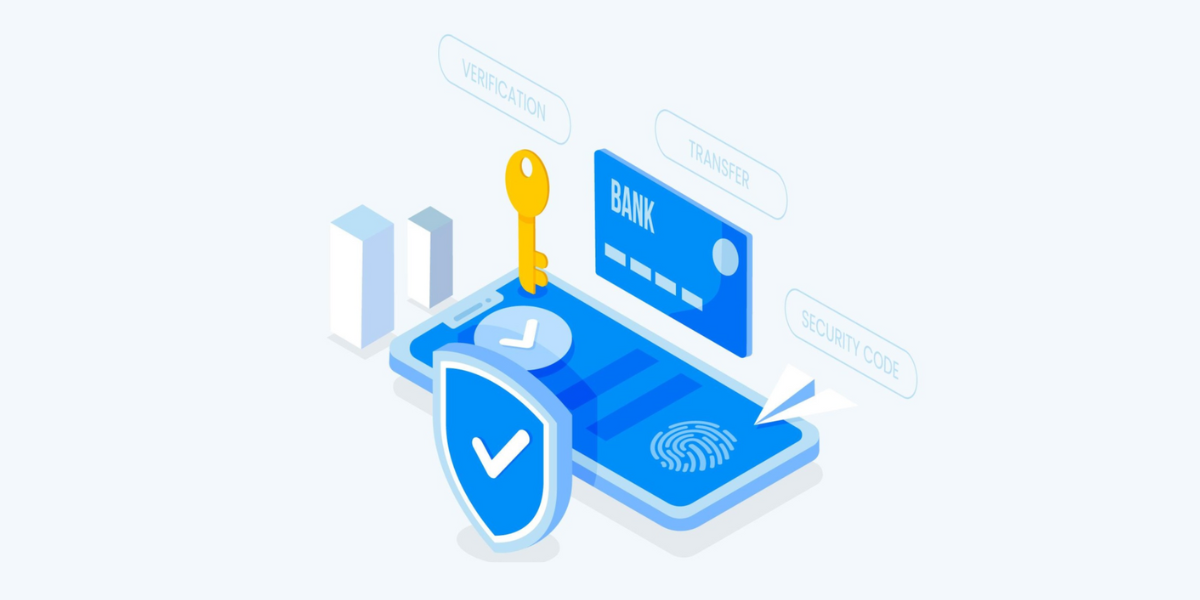The process of choosing a payment gateway for your e-commerce business can be daunting, especially if you need to familiarize yourself with the various options available.
A payment gateway allows your customers to make secure online payments for the products and services you offer. It acts as the bridge between your e-commerce platform and the customer’s bank or credit card company.
Why Are Payment Gateways Crucial?
Before implementing Payment Gateways into your business processes, it’s essential to understand why digital payment processing is important.
Let’s find out:
- Secure transactions: One of the main advantages of using a payment gateway is the level of security it provides for transactions. It uses encryption methods to protect sensitive customer data and comply with industry standards such as PCI DSS, which gives customers peace of mind when making online purchases.
- Convenience for customers: Payment gateways also provide convenience by allowing them to make payments quickly and easily. This can include features such as single-click checkout, which eliminates the need for customers to enter their information multiple times.
- Streamlined checkout process: A payment gateway can also help streamline the checkout process, increasing conversion rates. By integrating the gateway with your website or e-commerce platform, you can provide customers with a seamless shopping experience, making it more likely that they will complete a purchase.
- Access to a wider range of payment options: Payment gateways also provide access to a wider range of payment options, such as credit and debit cards, e-checks, and ACH payments. This allows you to cater to a wider range of customers and increase sales.
- Easy tracking and reporting: Payment gateways also make tracking transactions and generating reports easy, which can help manage your business. This includes information like transaction data, revenue, payment method, and more.
Now, coming back to the topic, this blog provides important information and guidance about what one should consider when selecting a payment gateway.
7 Most Important Things to Consider Before Choosing a Payment Gateway
1. Security and Fraud Policies
The first thing to consider when choosing a payment gateway is security. You need to make sure that the payment gateway you choose is PCI-compliant, which means it meets the security standards set by the Payment Card Industry. Additionally, look for payment gateways that offer fraud detection and prevention tools and encryption for sensitive customer information.
Must Read- Payment Processing Security: 7 Things to Consider
2. Easy Integration With Your eCommerce Platform
Another important factor to consider when choosing a payment gateway is its compatibility with your e-commerce platform. It’s important to ensure that the payment gateway you select can easily be integrated with your website, making the checkout process seamless for your customers. Additionally, ensure that the integration allows for real-time updates and order tracking.
3. Supported Transactions
It’s also important to consider the types of payment methods the payment gateway can accept. Some gateways only accept certain types of credit cards, while others can take payments in a variety of ways, including e-checks, PayPal, and more. Consider the needs of your customer base and what they would expect as options when they purchase from your store.
4. Fees and Service Agreements
Another important thing to consider when choosing a payment gateway is the fees involved. Some payment gateways charge a flat rate per transaction, while others charge a percentage of the total sale. Additionally, some payment gateways charge monthly or yearly fees. Therefore, it’s important to look at the costs associated with the payment gateway and compare them to see which one is the most cost-effective for your business.
5. Ability to Handle Recurring Payments
If your business relies on recurring payments, such as for subscriptions or memberships, it’s important to choose a payment gateway to handle these transactions. Not all payment gateways can handle recurring payments, so it’s important to ensure that the one you choose does.
6. Customer Support
When choosing a payment gateway, it’s important to consider the level of customer support offered by the service. You want to ensure you have access to assistance if you have any questions or issues with your payment gateway. Some payment gateways offer 24/7 customer support, while others only offer support during regular business hours.
7. Compliance and Other Legal Requirements
Finally, when choosing a payment gateway, it’s important to consider any compliance and legal requirements specific to your industry or location. For example, certain sectors may have specific data privacy and security regulations. Additionally, if you plan on accepting payments from customers in different countries, you must ensure that the payment gateway you choose can handle these types of transactions.
Conclusion
Choosing the right payment gateway solution for your business can be difficult, but by keeping these 7 points in mind, you can make sure that you select a payment gateway that meets your business’ and your customers’ needs.
It’s important to weigh your options and research and compare different payment gateway providers before finally making a decision. This will help you to ensure that your payment gateway will provide a secure, seamless, and cost-effective payment process for your online business.






